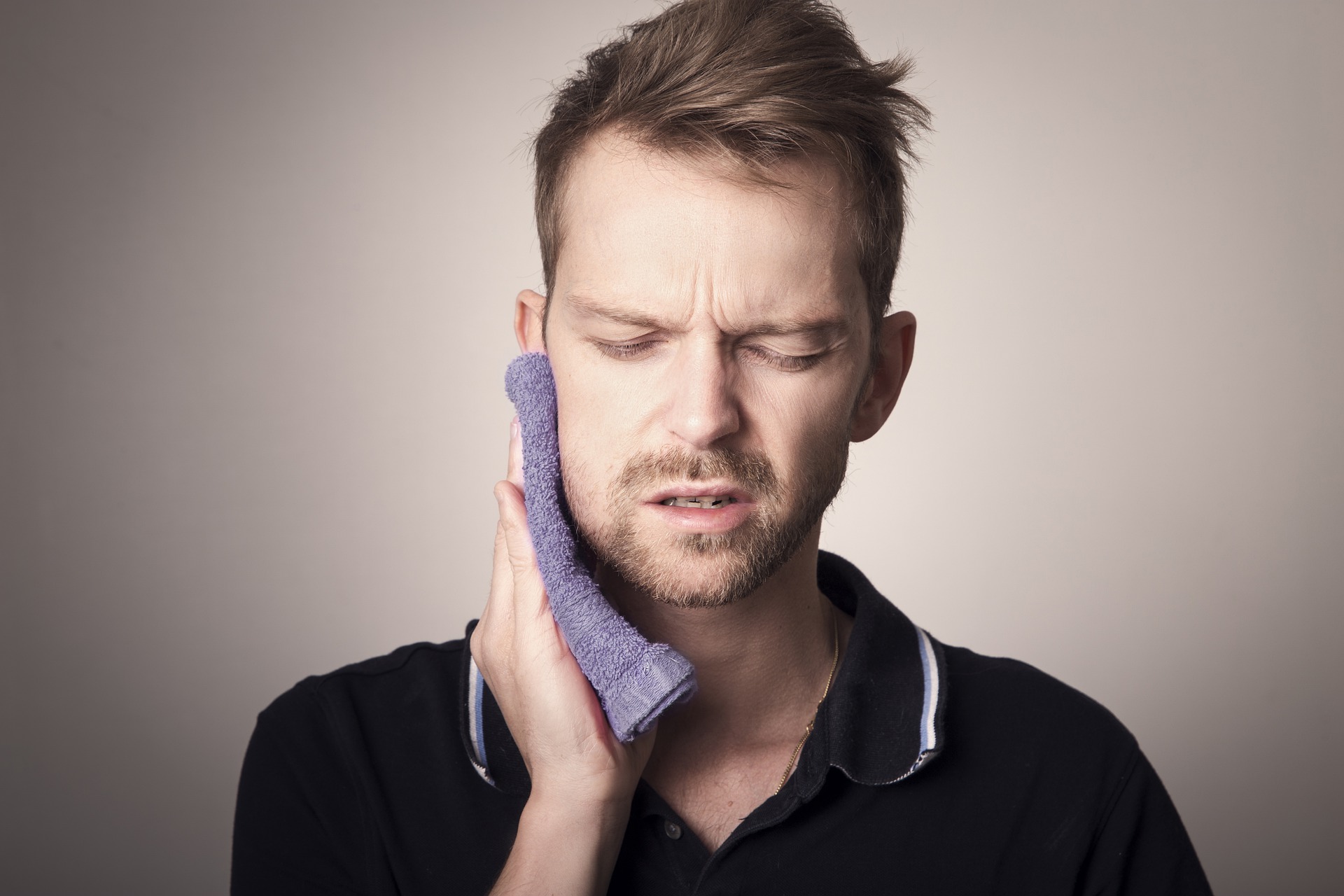Teeth grinding, known as Bruxism, is a fairly common problem and it can do a lot of damage to your teeth. Some people do it during the day without noticing, while others do it at night while sleeping. It’s especially damaging if you do it during the night because you are unable to stop yourself. Over time, you can do some serious damage to the teeth and gums, as well as the jaw bones and muscles. The good news is, there are some simple things you can do to prevent it. If you grind your teeth during the night, here are some simple things you can try.

Mouth Guards
If you grind your teeth a lot in your sleep, it is important to protect them. Without the right protection, they can get chipped and cracked and this will cause a lot of other dental health problems. Mouth guards are a simple but effective solution because they give your teeth the protection they need. Although you should also look into other options to stop the teeth grinding altogether, this is a great way to make sure that it doesn’t do any damage in the meantime. If you speak to your dentist, they will be able to create a specialist mouth guard for you. It will be specifically molded to your mouth, so it is comfortable to wear and will not disrupt your sleep.
Reductive Coronoplasty
Often, people grind their teeth because they are slightly misaligned, crooked, or crowded. If this is the issue, you can have a procedure called a reductive coronoplasty. This will reshape the teeth and level the biting surface to reduce grinding. In many cases, this is the best option. However, if the grinding is caused by something else, this treatment will not work.
Biofeedback Therapy
If the grinding is caused by an involuntary subconscious reaction, you may need to train yourself out of the behavior. Biofeedback therapy is a treatment that involves teaching you how to alter your jaw movements based on feedback generated from electromyography, which assesses your muscle and nerve movements. Through these sessions, you can learn to move your jaw muscles properly and correct the grinding. Studies show that this provides great short-term benefits, but more research is needed into the long-term effects as it may not provide permanent relief from teeth grinding.
Stress Management Techniques
Stress and anxiety can lead to teeth grinding, so if it is only a recent problem, you should consider whether your mental health may be the cause. If you can find ways to manage your stress and anxiety, you should notice a big difference to your teeth grinding. Pay attention to whether you grind your teeth more after a particularly stressful day at work or if there is something else worrying you. If the problem comes on suddenly and seems to coincide with your stress, it’s likely that it’s more mental than physical.
Teeth grinding can do a lot of long-term damage to your teeth and gums. But if you try some of these simple treatments, you can get a handle on the problem.
Contributed Content



